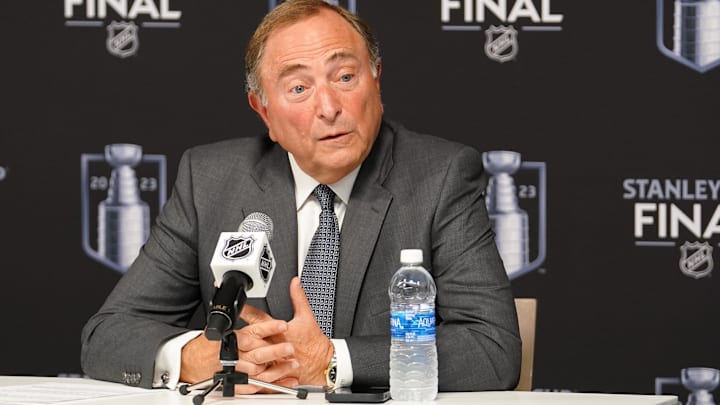4. Get rid of the shootout
Teams already have a hard enough time catching up in the NHL Standings when they start the season slow. The season is basically done by December. For most teams, it takes an insane number of wins to make up any ground like the Edmonton Oilers did this season, and in the opposite fashion, the Canucks ran a hot start and played mediocre all the way to winning that division.
That being said eliminating the shootout would be a step in the right direction in eliminating some of the loser points. While a fair number of people will disagree, there is nothing wrong with a well-fought game ending in a tie. (Editor's note: we could always just extend 3v3 overtime to 10 minutes and give no points for ties.)
The shootout also has very little to do with hockey as a game. It is just a skill showcase that some players are much better at than others. It really doesn't fit that well into a team game. Could you imagine that deciding a playoff game? On top of that, it takes away from the rare penalty shot, which was insanely exciting because it happened only a few times a year, and now it feels so watered down. This is a very easy fix.
